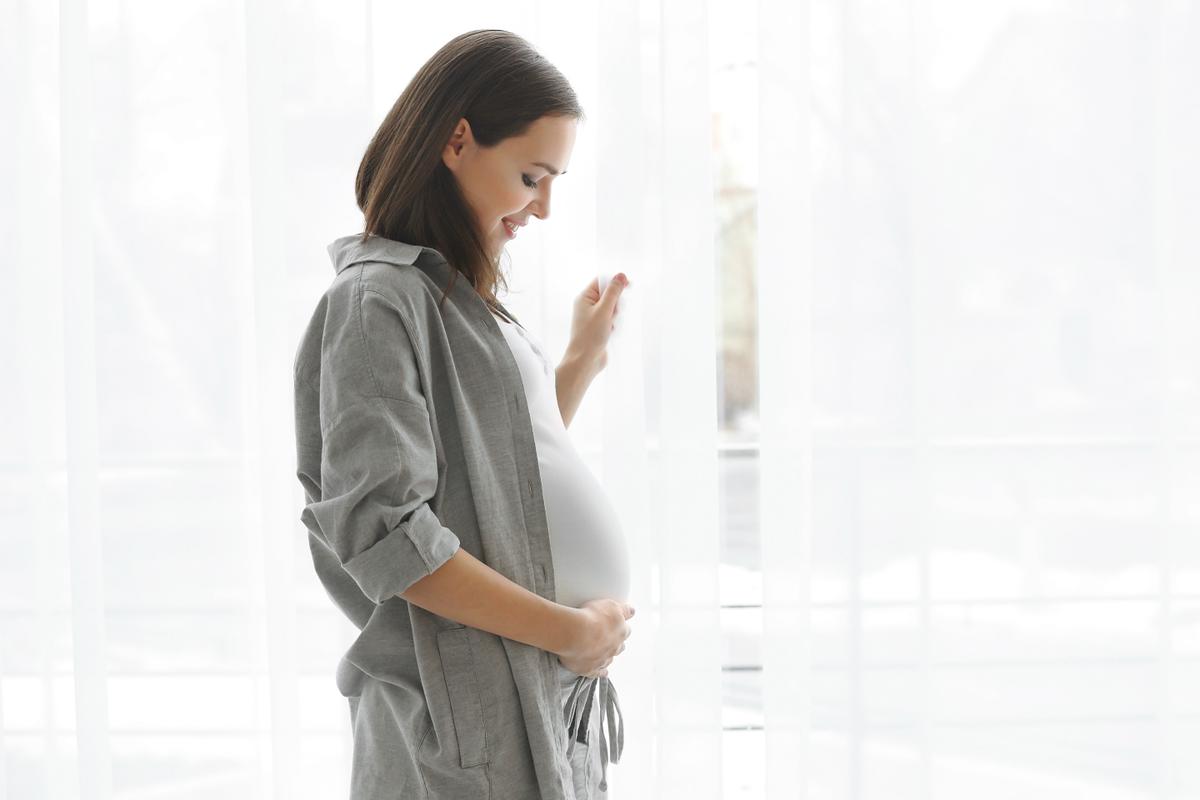An international study that UZ Leuven partcipated in, has good news for breast cancer patients that want to have children. Young women with breast cancer can safely interrupt their hormone therapy to get pregnant: They do not have a greater chance of recurrence of the cancer in the short term. In the study group pregnancies developed normally and 74 per cent of the women did get pregnant. Their babies were also healthy. The results were recently published in the New England Journal of Medicine.
Five per cent of women with breast cancer is younger than 40. After a breast cancer treatment, women with a hormone-sensitive tumour have to take hormone therapy for up to 5 to 10 years as an after-treatment, during which time they should not become pregnant. As a result a lot of young breast cancer patients have to delay or cancel their wish to have children. The after-treatment is therefore often an additional heavy blow for breast cancer patients that want to have children.
The study now shows that young women can safely interrupt their hormone therapy after 2 years to get pregnant. After the pregnancy and the delivery, they need to pick up the hormone treatment again. The percentage of women where the breast cancer came back after interrupting their hormone therapy is comparable to women that hadn't interrupted their treatment. Nearly all women were able to have children and brought healthy babies into the world.
The risk of relapse is no higher than in those who continued their hormone therapy without interruption
20 countries, 4 continents
Between December 2014 and December 2019, 518 women of 42 years of age or younger that wanted to get pregnant registered for the study. They agreed to pause their hormone therapy for about two years to try and get pregnant. Before they paused their treatment, the women had already had between 18 and 30 months of hormone therapy. Patients from 116 hospitals, from 20 different countries, spread over 4 continents, participated in the study.
Prof. dr. Frédéric Amant, gynaecologist at UZ Leuven and co-investigator: “It is very rare for a cancer treatment to be interrupted. But in this case the data shows that it is safe for breast cancer patients to pause their hormone therapy if they want to get pregnant. The chance of relapse is no higher than in those who continued their hormone therapy without interruption. Thanks to the cooperation of the patients that participated in the studies, we can now confirm that a temporary stop of the hormone therapy is safe.”
Further long-term research
Because the patients participating in the study were followed for only 3 years, the researchers only comment on short-term cancer relapses. Aggressive cancers often recur within 3 years, making the figures scientifically reassuring. However, no statement can yet be made about the long-term effects.
Prof. dr. Frédéric Amant: “Of course, the decision to interrupt the therapy has to be taken in close consultation with the attending doctors, because every woman's situation is different. We will continue to follow-up the women that participated in the study to assess the risk of breast cancer relapse in the longer term. In addition it is important for doctors to ensure that women pick up their hormone therapy again after the planned pause.”
About hormone therapy after breast cancer
There are breast tumours that are sensitive to hormones and breast tumours that are not sensitive to hormones. Women with hormone-sensitive tumours have to follow anti-hormone therapy for 5 to 10 years after their treatment with chemotherapy, radiation or surgery. The medication makes sure that you produce less female hormones and that the influence of hormones on cancer cells decreases.
The results of the POSITIVE study, also called the ‘BIG Time for Baby’ study, were published in the New England Journal of Medicine.
